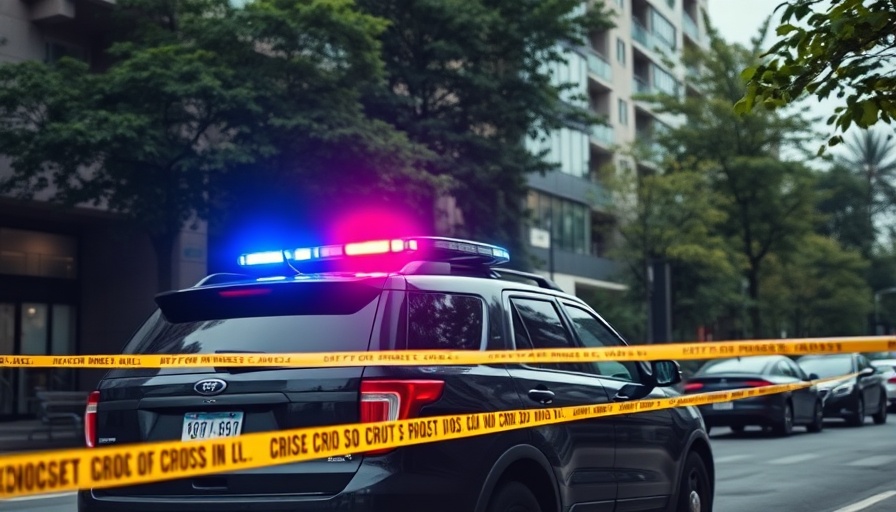
A Tale of Two Conventions: Insights from California and South Carolina
This week’s political landscape showcased a pivotal moment as Democrats in California and South Carolina held their respective party conventions. These gatherings not only reflect the current state of the Democratic Party but also spotlight regional differences that could shape upcoming elections.
Understanding the Seriousness of Hate Crimes
As we witness increasingly concerning patterns in violence across the nation, the recent federal charges against the Boulder attack suspect have brought hate crimes to the forefront of national discourse. Charged with federal hate crime and sixteen counts of attempted murder, this case illustrates a growing trend that demands society's urgent attention. Communities have united to address the roots of hatred and violence, raising important discussions about laws and prevention strategies.
Shifting Narratives: Democrats Embrace Diversity
The party conventions in California and South Carolina highlighted the Democratic Party’s strategy to embrace diversity and inclusivity. In California, a progressive movement flourished, propelled by notable figures advocating for changes in policies around climate, healthcare, and racial justice. Meanwhile, South Carolina showcased a more traditional approach, emphasizing unity and a return to foundational Democratic values that resonate across diverse southern communities.
Current Events and Their Relevance
The bifurcation between Californian and Southern Democratic strategies holds critical implications as the nation prepares for upcoming elections. With issues such as climate change, healthcare access, and civil rights at the forefront, these conventions demonstrated how each region interprets these pressing matters differently. As the general election approaches, understanding these regional narratives will be crucial for candidates aiming to capture a national audience.
A Cultural Context: Community Responses to Hate Crimes
Following the horrific events in Boulder, communities across the U.S. have rallied together to support victims and condemn acts of hate. Local organizations have advocated for stronger community policing and educational initiatives that promote tolerance and understanding among different ethnic and cultural groups. The tragedy speaks to a broader societal need for compassion and proactive measures to combat hate-driven violence.
Call to Action: Engaging in the Discourse
As we navigate these challenging times, it is essential for individuals to engage in dialogue around these critical issues, whether through community events, online discussions, or local activism. Encouraging open conversations about hate crimes and political representation can foster change and unity within our society.
 Add Element
Add Element  Add Row
Add Row 



 Add Row
Add Row  Add
Add 


Write A Comment